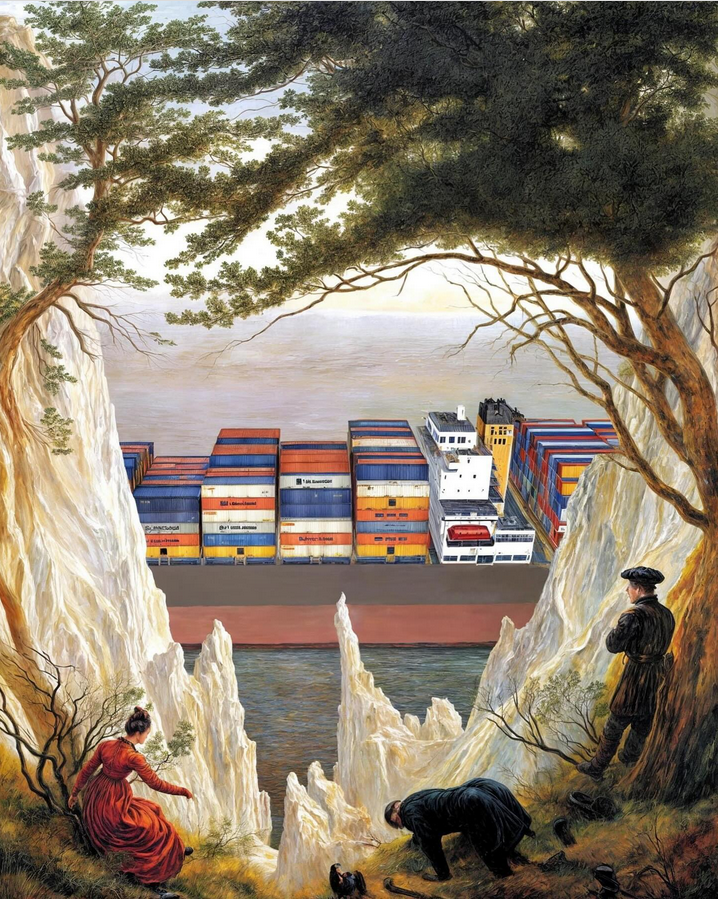Transnational history deals with historical dynamics of the 19th and 20th centuries that operate beyond, between, or above the nation state. Instead of limiting historical analyses to national spaces, it broadens the view to include interconnections and transfers between societies and communities. It analyses the movement of people, ideas, goods, and cultural practices between societies to understand how these interactions have shaped history.
A particular spatial focus of the chair's research and teaching is on the Baltic Sea region: Scandinavia, the Baltic States, and the German, Polish, and Russian coasts of the European inland sea are historically connected by the body of water. Two key areas of contact in the modern era that the chair places particular emphasis on are tourism and environmental history.
Furthermore, the chair also addresses the Baltic Sea region's connections to the rest of the world, as well as questions of experience and everyday history regarding societies under German occupation during World War II, issues of transnational civil society, and Europeanization from below. In addition to the transnational perspective, methodological diversity, openness to new topics and transdisciplinary approaches are characteristic of the chair's work.

